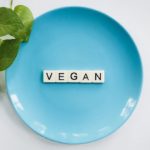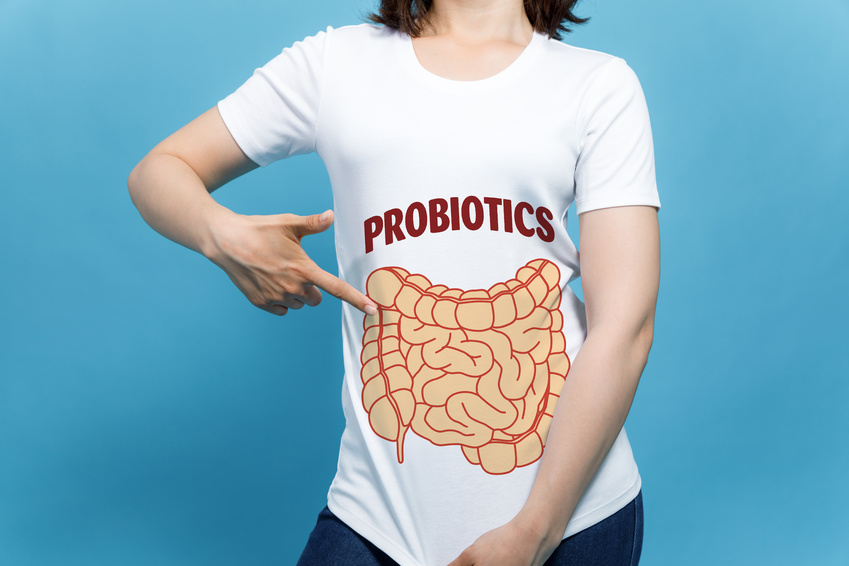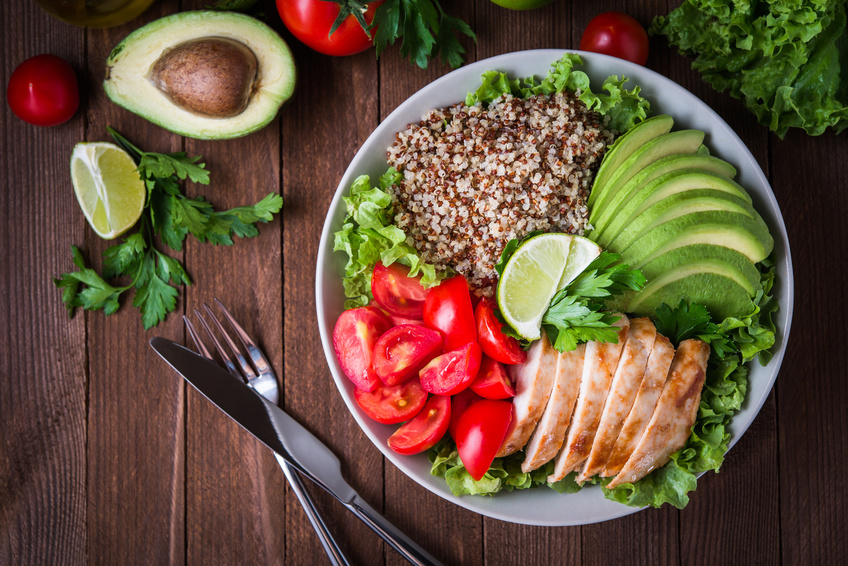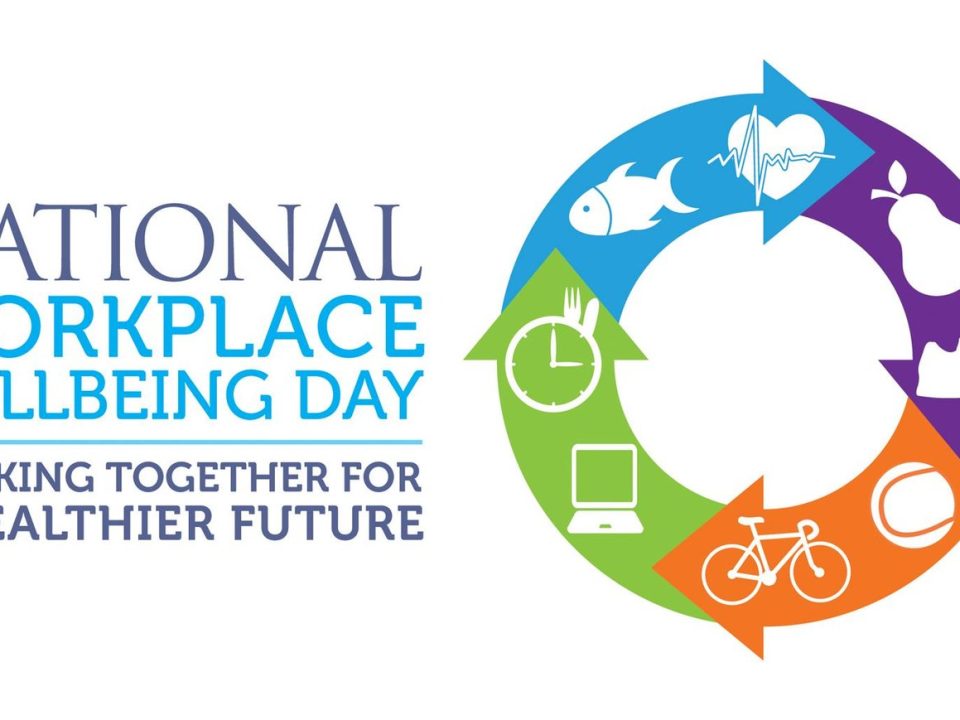September is the new January!
August 29, 2019Eating green – sustainable healthy eating
December 20, 2019Vegan facts vs fiction
 The trend towards eating vegan looks like it is here to stay. But is it really healthier? Can you get everything you need from your food? And is it better for the environment? Watch Heather on Virgin Media or read more below.
The trend towards eating vegan looks like it is here to stay. But is it really healthier? Can you get everything you need from your food? And is it better for the environment? Watch Heather on Virgin Media or read more below.
A vegan diet is always healthier – fiction!
There are lots of health benefits reported from following a vegan diet. Clinical trials have shown that you are less likely to develop diabetes. Other research shows that a vegan diet is linked to lower risk of heart disease, some cancers, obesity and to better gut health. These benefits arise because a good vegan diet is usually higher in vegetables, pulses and other foods rich in fibre and low in saturated fat and sugar. These foods are better for vegans and non-vegans alike.
But of course, there is a big difference between a healthy, wholefood vegan diet and a junk food vegan diet. As vegan becomes more mainstream, more and more processed food options are available ranging from vegan chocolate to vegan burgers, vegan chicken nuggets, vegan ice cream, vegan cookies…. And many popular junk foods are naturally vegan – like soft drinks, chips and crisps (even the BBQ beef flavour!). Vegan substitutes like cheese can be heavily processed and full of fats, emulsifiers, stabilisers and other artificial ingredients.
Even if you follow a healthy vegan diet with lots of wholefoods like beans, pulses, nuts and seeds, a vegan diet does not suit everyone. We all have different nutritional requirements and while some people thrive on a vegan diet, others will struggle to get all the nutrients they need.
You can get everything you need from food as a vegan – fiction for many people!
Vegan diets are naturally lower in certain nutrients like vitamin B12, omega 3 and iron. While non-vegans can also be deficient, vegans need to carefully plan their diet to get enough
- B12 – probably the most common deficiency found in vegans, low levels are associated with anaemia, fatigue and nervous system damage. We get most of our dietary B12 from meat, fish, poultry, eggs and dairy. Vegan sources include tempeh (fermented soya beans), some seaweed like nori and dulse, nutritional yeast and fortified food. However, B12 is usually only present in tiny quantities in these foods. It is a challenge to get enough and many vegans need to supplement
- Omega 3 – oily fish are the best source of omega 3, which we need for healthy hormones, brain function, heart health…. Fish provides the EPA and DHA forms of omega 3 that our body can use straight away. Vegan sources of omega 3 include nuts and seeds like chia seeds, linseeds and walnuts. However, these provide a form of omega 3 that the body needs to convert to be able to use and some of us lack the enzymes or nutrients needed to convert effectively or just don’t eat the larger portions needed to get enough omega 3. This is especially important for kids, who need plenty of omega 3 to develop healthy brains. If levels are low, vegans can take an omega 3 supplement from algae, but check it contains EPA and DHA.
Also….
- Iron –the most common nutrient deficiency in the world and more of a challenge for vegans, who do not eat iron-rich foods like meat, eggs and fish. Lots of plant-based foods contain iron in smaller quantities, like lentils and other pulses, spinach (remember Popeye!) and other greens, tofu, nuts, seeds and dried fruit. Like omega 3, this is in a different form and you need bigger quantities. Two tips to increase iron absorption:
- Vitamin C helps us to absorb iron, so including more fruit or vegetables with meals will help. For example, adding spinach and broccoli to a tofu stir fry.
- Tea and coffee reduce our ability to absorb iron from food, so avoid drinking them at mealtimes.
If you want to check that your diet is giving you enough of the nutrients you need, talk to us about our vegan and functional nutritional tests.
Being vegan is better for the environment – closer to fact than fiction
Animal agriculture is responsible for between 15 and 20% of greenhouse gas emission and reducing our meat consumption is always near the top of the list when it comes to sustainable eating. Going vegan can cut our carbon footprint in half and if we all ate even one or two vegan meals a week it would make a huge difference to the planet.
However, some foods that vegans rely on to balance their diet have a negative impact on the environment. The classic example is almond milk. Most almonds are farmed in California and require a huge amount of water (c. 1 gallon per almond!) to be grown and processed. And are then shipped to us halfway around the world. The beloved avocado is another food that is grown on the other side of the world and transported here. The demand for foods like avocado and quinoa has also made these out of the reach of locals who traditionally depended on them. Where possible, chose more sustainable options, like oat milk or local fruit, vegetables, grains and seeds.
In summary….
Eating a more plant based, whole food diet is healthier for you, even if you don’t go fully vegan. If you are vegan, you need to make sure you are getting adequate B12, omega 3, iron and calcium and you may need to supplement. Eating seasonal and local foods where possible helps the environment.
Healthy vegan meal plan
| Breakfast | Porridge with plant milk, berries and linseeds
Coconut yoghurt with seeds and fruit |
| Lunch | Tomato and lentil soup (make your own or try the Just Food range, widely available)
Falafel with hummus and salad in a wholegrain pitta |
| Dinner | Vegetable and tofu stir fry with cashews, with wholegrain rice / noodles
Healthier baked beans with wholegrain sourdough bread or easy wholegrain flatbread and sidesalad |
| Snacks | Oat cakes and nut butter or hummus |
If you would like more information on our testing or how we can help you in clinic, please call us on 01 4020777 or email info@glenvillenutrition.ie


